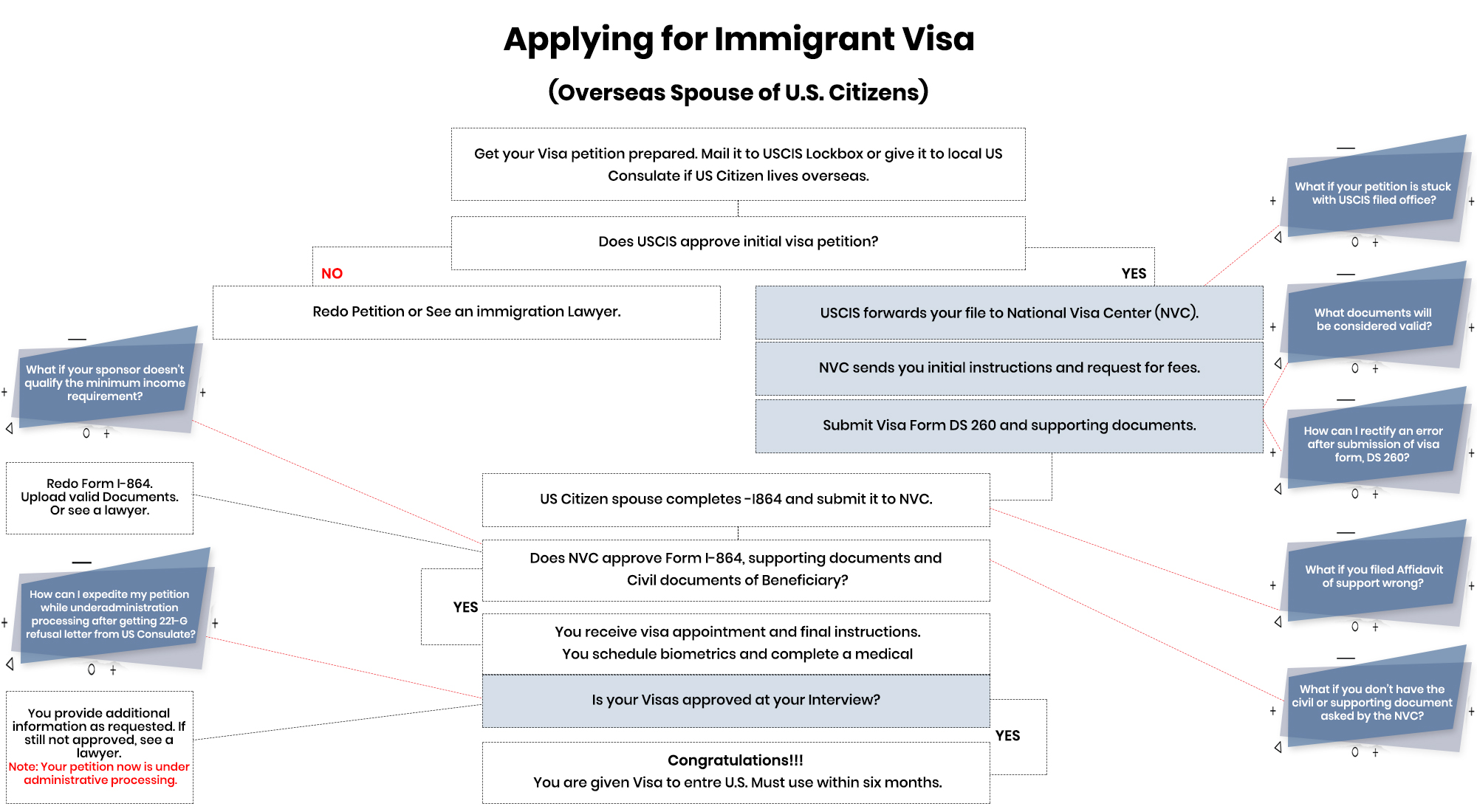FAQ Humanitarian Reinstatement
FREQUENTLY ASKED KNOWLEDGE BASED QUESTIONS
What happens with your petition if your petitioner /Principal Applicant Dies?
Protect your family petition upon the death of the qualifying relative, that is, the petitioner or the principalbeneficiary. According to the new law (by President Obama on October 29, 2009) both the principal and the derivative beneficiaries of apending or approved I-130 visa petition (whether in the immediate relative category or one of thepreference categories) are protected if the petitioner or the principal applicant die before thefinal adjustment of status application is arbitrated under certain circumstances. The death of an I-130 petitioner does not revoke the underlying petition and neither does the death of the principalapplicant revoke the derivative beneficiary’s application if certain conditions are met.
What is the Residence Requirement for Qualifying Beneficiaries
In order to qualify for this protection, the beneficiary of a pending or approved I-130 petition must have resided in the U.S. when the qualifying relative died and must continue to reside in the US on the date the decision on the pending petition or application is made. This does not mean that the beneficiary must have been physically present in the US when the qualifying relative died, but simply that the beneficiary’s actual residence was in the U.S. Additionally, if any one of the beneficiaries of a petition meets this residence requirement, thenall the beneficiaries meet it as well. It is not necessary for each beneficiary to meet the residencerequirement on their own. Therefore, if it is the principal beneficiary who has died, the petitionermay continue to seek approval of the petition so long as at least one derivative beneficiary meetsthe residence requirements. However, note that this does not give derivative beneficiaries anyright to the petition. The petitioner continues to retain his or her right to withdraw the petition atany time.If an alien has obtained an adjudication of a petition under this new provision of the INAbut does not qualify for adjustment of status, he or she may leave the U.S. to undergo consularprocessing.
What is Motion to Reopen a Humanitarian Reinstatement, in Case of a Denial?
For petitions or applications that were denied beforethat date due to the death of either the petitioner or the principal beneficiary, the survivingbeneficiary may file an untimely motion to reopen with the proper filing fee and request that thepending petition or application be adjudicated according to INA § 204(l).108 Additionally, theCIS has found that it would be appropriate to reinstate the approval of an immediate-relative orfamily-based petition that was automatically revoked upon the death of the petitioner or theprincipal beneficiary before October 28, 2009, if the beneficiary was residing in the U.S. uponsaid death and continues to do so.109 Also, if a petition or application that should have beenadjudicated in compliance with INA§ 204(l) was denied on or after October 28, 2009, CIS mustreopen the case on its own motion for a new decision.
If the beneficiary does not meet the residence requirement of the new INA rules, the CIS continues to have authority to reinstate the petition.
Regarding Previously Approved I-130’s:
Prior to representation of this new provision in the INA, some courts were allowing widows and widowers of U.S. citizens to immigrate based upon an I-130 petition already filed by the deceased spouse, even though the petitioner died before the couple was married for two years.In light of the new law, CIS will honor those approvals and the subsequent adjustment applications and will not seek to withdraw a grant of adjustment based on the death of the U.S. citizen petitioning spouse.
What is Automatic Revocation of a Visa Petition?
Pursuant to 8 CFR § 205.1(a)(1)-(3), approval of a visa petition for the relative of a U.S.citizen or of a permanent resident alien is automatically revoked backdated to the original approval date if:
The State Department terminates the beneficiary’s registration for a visa because the alienfailed to apply for an immigrant visa within one year after being notified that a visa wasavailable and the beneficiary failed to prove to the Service, within two years of thenotice, that the failure to apply was due to circumstances beyond the alien’s control.
If the filing fee and any other charges are not paid within 14 days after notifying thepetitioner or beneficiary that the original check was returned as not payable.
. If the petitioner files a formal notice of withdrawal with any Service officer who is authorized to approve such petitions;

